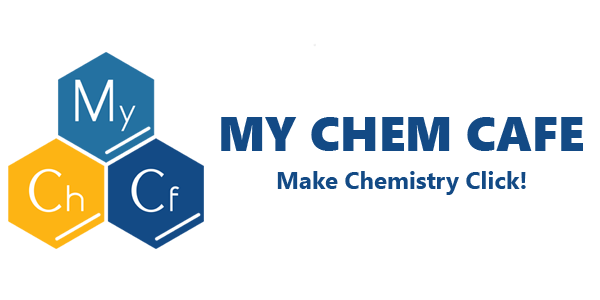34. Green Chemistry – Plant Powered Plastics?
Biography of Plastic
Often at times, my father asks me to consider a career in environmental science and somehow I refuse him. Now, I am starting to feel slightly disappointed to have missed exploring this career. Nevertheless, I am still happy with my current career! But, that is not my main point. Let us jump to why you came here to read this article in the first place. YES! You saw it right! Scientists have been utilising green materials to create more Earth-friendly plastics. The world is definitely switching towards more green methods, which is why I regret listening to my dad. In 1907, Belgian-American chemist Leo Baekeland invented Bakelite, which was the world’s first real synthetic, mass produced plastic. This was also the first thermoset plastic, which means it simply would not soften when heated. Hence, it was highly used amongst electrical devices, whose trend came in handy during the next several decades, and is still used in electrical and automobile parts. Atoms, which are the smallest building block of elements, form plastics. These atoms form molecules, and in plastics, these molecules are linked into long chains called polymers. Just like how atoms become polymers, our chemistry tutor makes a lot of links between scientific facts and helps students explore the connections between various aspects of science. This sort of education helps students to understand the importance of chemistry and its relevance to everyday life. This would then make chemistry tuition not as boring as it may sound to many.
The problems behind plastics
Polymers, also known as the chain of molecules, become entangled with one another, just like how strands of cooked spaghetti tend to stick to one another in a bowl of pasta. This ten gives plastic the strength to withstand our hard handling of this product. That is why plastic is increasingly incorporated in everyday products such as food containers, balls, and plastic bags. Just like any other teacher, who leads his students in the right path, our chemistry tutor guides and emphasises on the importance of recycling programmes. Although not many do follow this etiquette, there are a few who follow this, and have helped save various marine animals’ lives. This is because when we litter, little do we realise that this ends up in the oceans, where marine animals live. These animals would look at the trash as though food. Yes, just like how one man’s trash is another man’s treasure. However, the chemical content in these plastic bags get stuck in the stomachs of these animals like turtles and whales. Eventually, this causes their population to decrease. Not only will our chemistry tuition guide you with chemistry knowledge, but also teach students common world problems, as the world is looking for help from the pillars of the future.
Okay, so why Plant-powered?
Chemists have been looking for alternative ways to reduce the amount of hydro-carbon based material that could potentially release toxic ingredients into the environment. Therefore, one of the research done incorporates wood or the husks from corn, in replacement of oil and gas to manufacture plastics. In this way, we can avoid digging up the earth, looking for oil. Moreover, these plants are biodegradable, and thus are able to break down naturally, while not suffocating our landfills and oceans. Moreover, plant polymers are made out of a different chemical structure and they behave differently. This could also have its downsides, because plant polymers don’t usually repel water, which means holding food and drinks might become disastrous for the consumer. The future of this invention relies on the hands of you guys! Our chemistry tutor will try his best to polish your brains and inspire them to think creatively for the better of our mother Earth.
Click HERE to read next
Chemistry Tuition Singapore @ MY CHEM CAFE
Principal Chemistry Tutor: Mr. Jacky Wong

